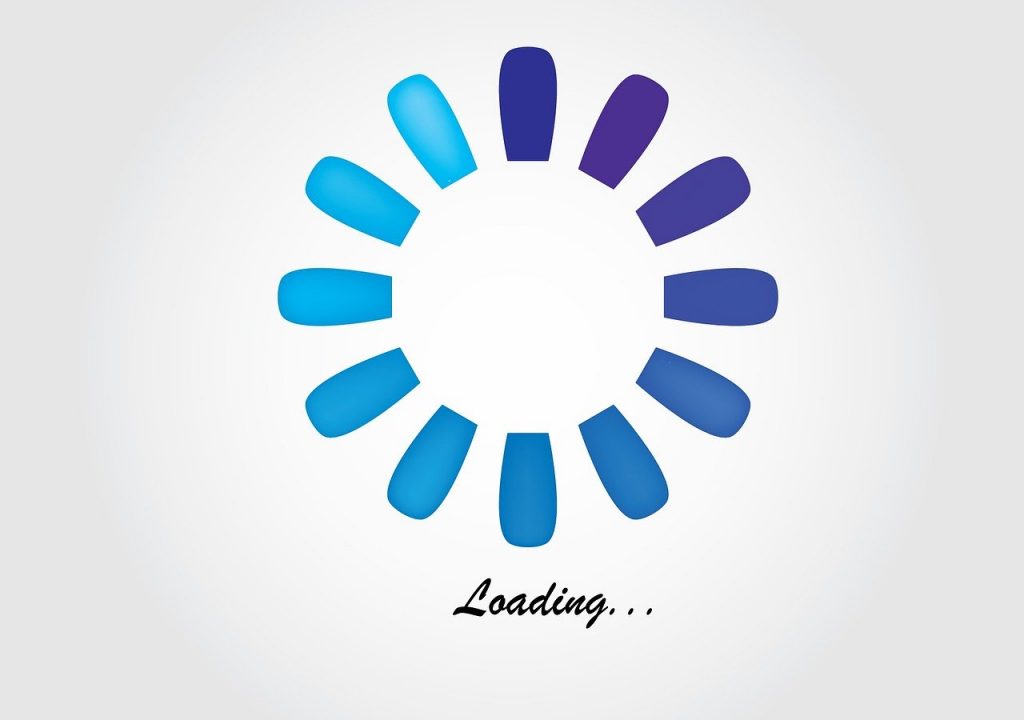Joanna Jaiyeola
Joanna is a graduate and SEO Content writer with over 3 years of experience in digital marketing
Slow-loading Website: Humans search for answers to various questions on Google daily. This happens when we ask neighbors, seek clarification, and read....

Image Credits: pixabay
Slow-loading Website: Humans search for answers to various questions on Google daily. This happens when we ask neighbors, seek clarification, and read. This has led to billions of users of Google.
In searching for a query on Google, have you ever been in a situation where you are in haste while conducting research? You get to open a website, but it just gets slow to load, thereby wasting your time.
Slow website speed can be frustrating, as it takes time to load. For website owners, this automatically discourages potential customers, which means no conversions to the website. In this article, you will discover the causes of slow-loading websites and how to fix or avoid them.
Large files on a website can range from images to JavaScript and documents. Imagine driving a car and stopping by to park some heavy speakers needed for an event. Depending on the type of car, when setting out to continue driving, it would need to be reduced due to its weight, which can slow loading Websites.
This applies to several aspects of life and even to humans. You move slower when carrying a heavy load than when you are not with anything. This also applies to websites that want to improve their presence on Google. When files like images, videos, CSS, and Javascript are large, the website’s users and visitors will have more data to download.
However, this results in longer load times, as the browser waits for all the necessary files to be fetched from the server before the webpage can fully load. However, the larger the total size of those files is, the more time it takes for the Slow Loading Website to load.
As said earlier, large files tend to reduce the speed of loading a website, especially on mobile devices. To solve this, Optimize the images and video files.
In doing this, you have to compress them to reduce file size without losing the quality of the images and videos.
Remove unnecessary spaces from HTML, CSS, and JavaScript to reduce file size. Limit the total number of files as much as you can.
Plugins are like little add-ons or extra features you can install on your website to enhance its functionality. However, they can contribute to slow website speed, and each plugin has its own set of files that should be downloaded when users try to open your website.
The various types of plugins include
A slow-loading website can perform the role of your enemy to both users and website owners. Users can be frustrated and leave the site, which increases the website bounce rate. Website Owners can see a big fall in conversions and customer engagement.
The main reasons for slow-loading websites include large files, such as images and JavaScript, and the excessive use of lots of plugins. Website developers can take initiative steps to make changes, and website performance can enhance the user experience’s performance and success online.